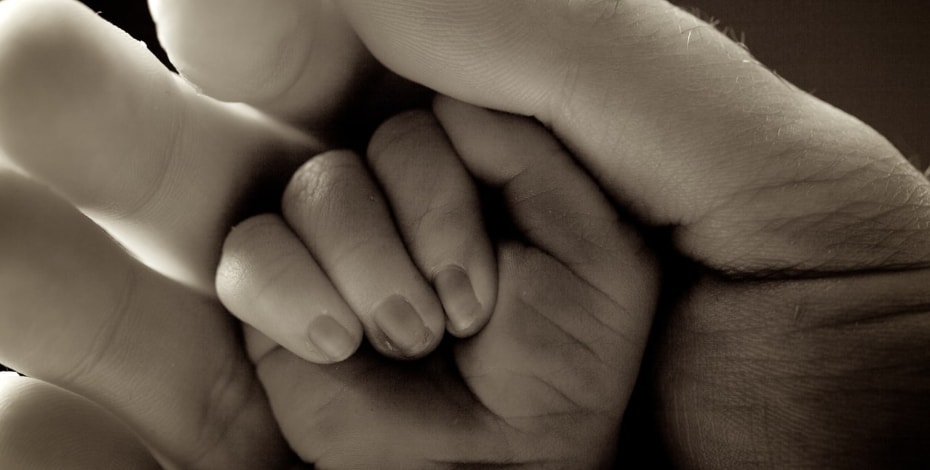
Reflections of a clinician turned consumer

PERSPECTIVE A harrowing health issue close to home provided Darren Elliott with a valuable insight.
As clinicians, particularly those of us in administrative or non-patient-facing roles, we must always seek to understand the patient/client and family perspective, whether in designing a rehabilitation program, giving an estimated discharge date and plan, or providing education resources at an appropriate pitch and stage of change.
While we are professionals, clinicians, managers and volunteers in various capacities in our work life, it could be argued that the largest impact upon our compassion and respect towards those receiving our care comes from things that aren’t taught at universities or as part of mandatory training orientation packages. It is said that experience is the best teacher, and the worst experiences teach the best lessons.
In the lead up to Christmas 2017, my newborn son was an inpatient in the state tertiary paediatric hospital after an emergency caesarean due to complications not picked up in utero and after bilateral kidney rupture. Isaiah was born screaming, covered in his own faeces with an abdomen so distended it looked as though he had swallowed a grapefruit. He was intubated and whisked away from my wife while the paediatrician tried to work out what was happening, and which on-call consultant to call. My other three perfectly healthy children were at their Nanny’s house—we were all on the way for the obligatory Sunday lunch before the sky decided to fall on our heads.
The feeling of helplessness and shock was crushing in those first few hours, moving between the hospital ICU and the maternity ward/recovery room, from my son to my wife and back again, trying to understand the clinical picture and relay it to my analgised wife who had not yet held her son. The phone call to my wife’s mother and the devastation in her voice was hard to experience; it was also her birthday that day.
The clinical plan became clearer and tertiary transfer for surgery was arranged. My son then had a three-week stay in the neonatal ICU and he came home on Christmas Day under the proviso that any weight loss would mean readmission on Boxing Day. During those three weeks it seemed like we existed to watch his creatinine levels, then his weight once his creatinine levelled off. We received so much help from our friends, family and strangers who had heard of Isaiah’s story through church and social circles. We also got to know some of the other mums and dads experiencing similar trauma to their littlest addition. We experienced care on both sides of the dichotomy—so touching and conversely enraging—and as a result of it all we would never be the same again.
I’ll never underestimate the blessing of health again, nor will I underestimate the amazing healthcare system that we all benefit from in this country. The level of comfort when those caring for our son treated us as people and not hindrances (or conversely as victims) was amazing, and helped us trust complete strangers with our vulnerable little man.
Yes, there is a lot of work to be done to improve so many aspects of our health system, and it is far from perfect, but I am very thankful for this experience and I hope it makes me a better physiotherapist, manager and human being as a result. Never underestimate the effect you have on those you interact with—it can make a world of difference.
Darren Elliott, APAM, is the coordinator of physiotherapy at St John of God Midland Public and Private Hospitals, and this year is starting his presidency of the WA Branch.
© Copyright 2024 by Australian Physiotherapy Association. All rights reserved.





